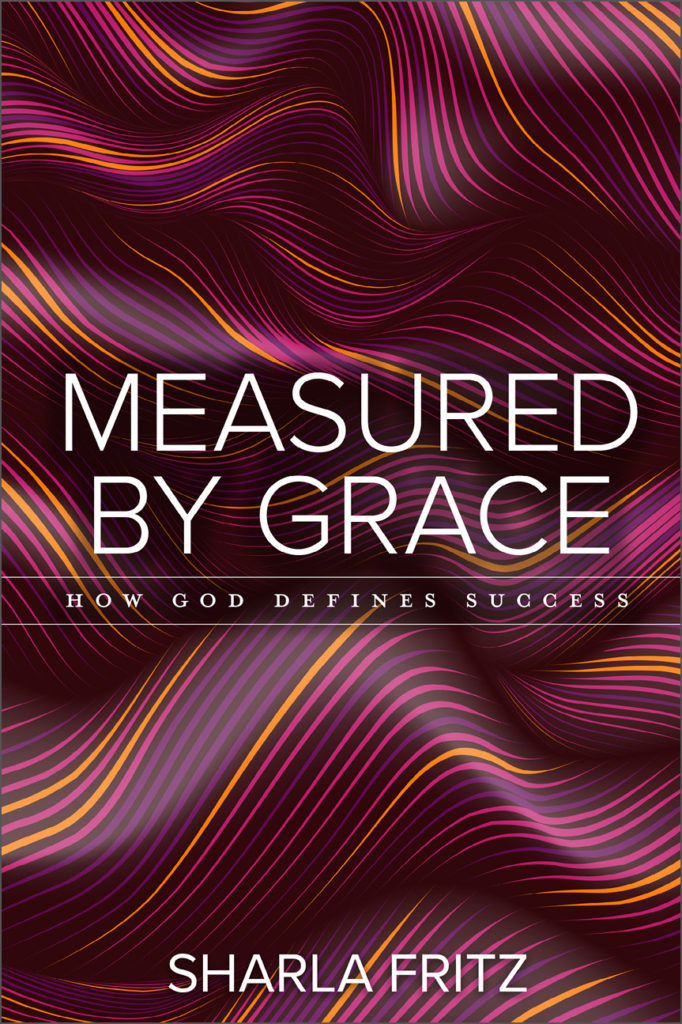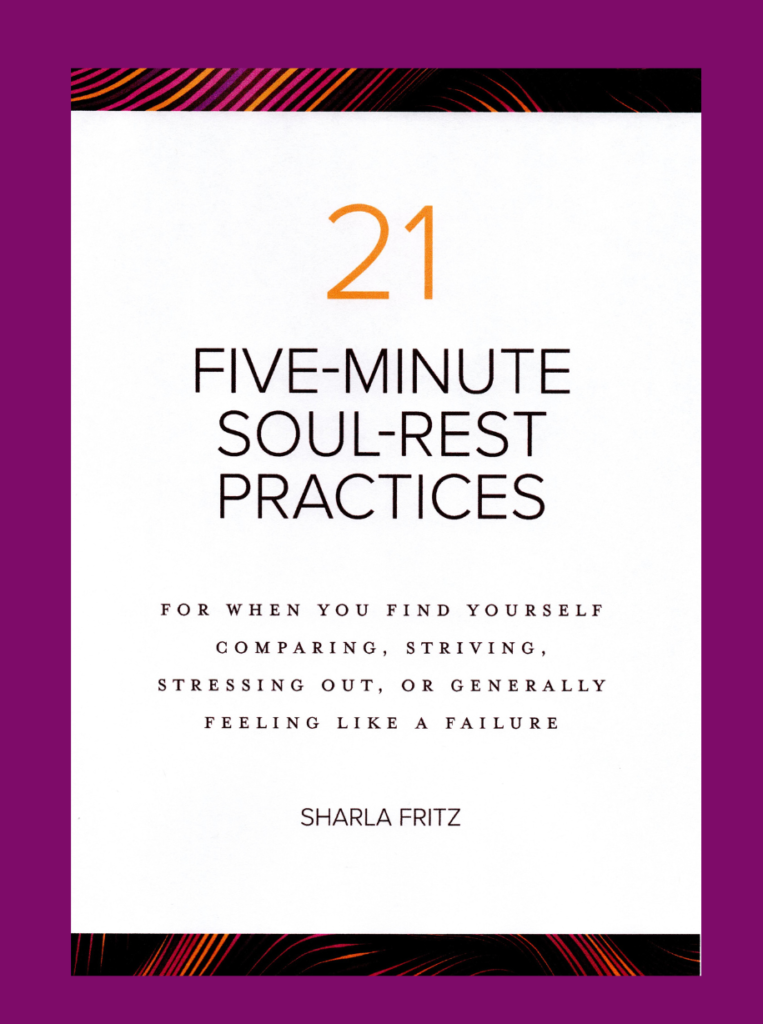
Not long ago I met with a group of women hungry for God’s transforming power. We met often one summer, exploring spiritual disciplines–spiritual practices that have been used by devout Christians for centuries. Reading about these exercises and practicing them with this small group helped me to grow deeper in my relationship with God. I learned to slow down my frenetic pace of life long enough to listen to what God wanted to say to me. The group helped me discover fresh ways to pray. I began to see God’s hand at work in my ordinary days. And I wondered: Why had it had taken me so long to discover these spiritual disciplines?
My False Conception of Spiritual Disciplines
One day shortly after I finished that study, I was searching for a book for a writing project. As I scanned my bookshelves, I was surprised to find two books about spiritual disciplines! I pulled them out and leafed through them. I had evidently read them because many passages were underlined. Why had these books not had the same impact on my relationship with God as my summer experience with spiritual disciplines?

As I reread the underlined passages, I saw the difference. When I had read the other books years earlier, I somehow got the idea that spiritual disciplines were something I did to become more spiritual. At that point in my life I looked at the disciplines as a formula for becoming a better Christian. Take a little meditation, add a little worship, and mix in some solitude and I would be more acceptable to God.
The Real Purpose of Spiritual Disciplines
It’s easy to see how I could come up with that idea. Spiritual disciplines sound like self-discipline mixed with some very devout and religious work. But we do not practice the spiritual disciplines to look more spiritual. These exercises are not designed to make you more disciplined. The reason my most recent experience with spiritual disciplines was different was that the purpose behind them was not to make me a super Christian, but to foster intimacy with God.
Adele Calhoun writes in her Spiritual Disciplines Handbook:
Disciplines are intentional ways we open space in our lives for the worship of God. They are not harsh, but grace-filled ways of responding to the presence of Christ with our bodies.
So don’t think of spiritual disciplines as something you have to work hard at. Or something that depends on you.
The purpose of the spiritual disciplines is not to produce super-Christians, but to foster intimacy with God. Share on XSome Spiritual Disciplines to Try
Here are some of my favorite Spiritual Disciplines with links to more information for each one:
Meditating on Bible Stories. I love this method of putting myself in a scene in Scripture. I often use this with stories in the Gospels. To meditate on a Bible story: Read the text. Close your eyes and use your five senses to imagine yourself in the story. Picture yourself as one of the characters of the story. Apply the story to your life in the present.
Examen. I often use this practice right before I go to sleep. To practice the Spiritual Discipline of Examen, start by finding a quiet place and asking the Spirit to guide your time of reflection. Close your eyes and review the last 24 hours. Ask yourself questions like: What inspired gratitude today? What happened that was painful, sad, or disappointing? What moment do I now regret and need to confess? When did I sense God’s nearness?
SACRED Reading. This method of meditating on Scripture helps me savor God’s Word. A combination of reading the Bible and prayer, SACRED Reading helps me hear God’s voice. Click on the link for the specific steps to this practice.
Palms Up, Palms Down Prayer. This is a wonderful way to start your quiet time with the Lord. I begin by sitting in a comfortable chair and placing my palms down on my legs to symbolize my desire to release my concerns to God. I ask the Holy Spirit to show me what I need to let go. Is there anything blocking my relationship with Christ? What anxieties have I unconsciously been hanging onto? After I have released my worries, confessed my sins, and unloaded my self-sufficiency, I turn my palms up to symbolize my desire to receive from God.
Prayer Walking. If you find it difficult to sit still, you might like this more active Spiritual Discipline. I use it when I feel my prayer life needs a jump-start or when I need a fresh perspective. I go prayer walking when I sense God is calling me to pray for my neighborhood or I need a dose of nature. Click the link for 5 ways to practice prayer walking.
Spiritual Disciplines Are Like a Spa for Your Soul
Picture each spiritual discipline as a room in a spa where you can go to meet God. In this room He will accept you with open arms and lavish you with love. He will transform you. He will take your weary and tired soul and, in His presence, give it new life.

If you would like more information about Spiritual Disciplines, check out my Bible study book: Soul Spa: 40 Days of Spiritual Renewal. It is a great way to find rest for your souls. This book can be used for personal or group study. More information here and here.


































Follow Me!